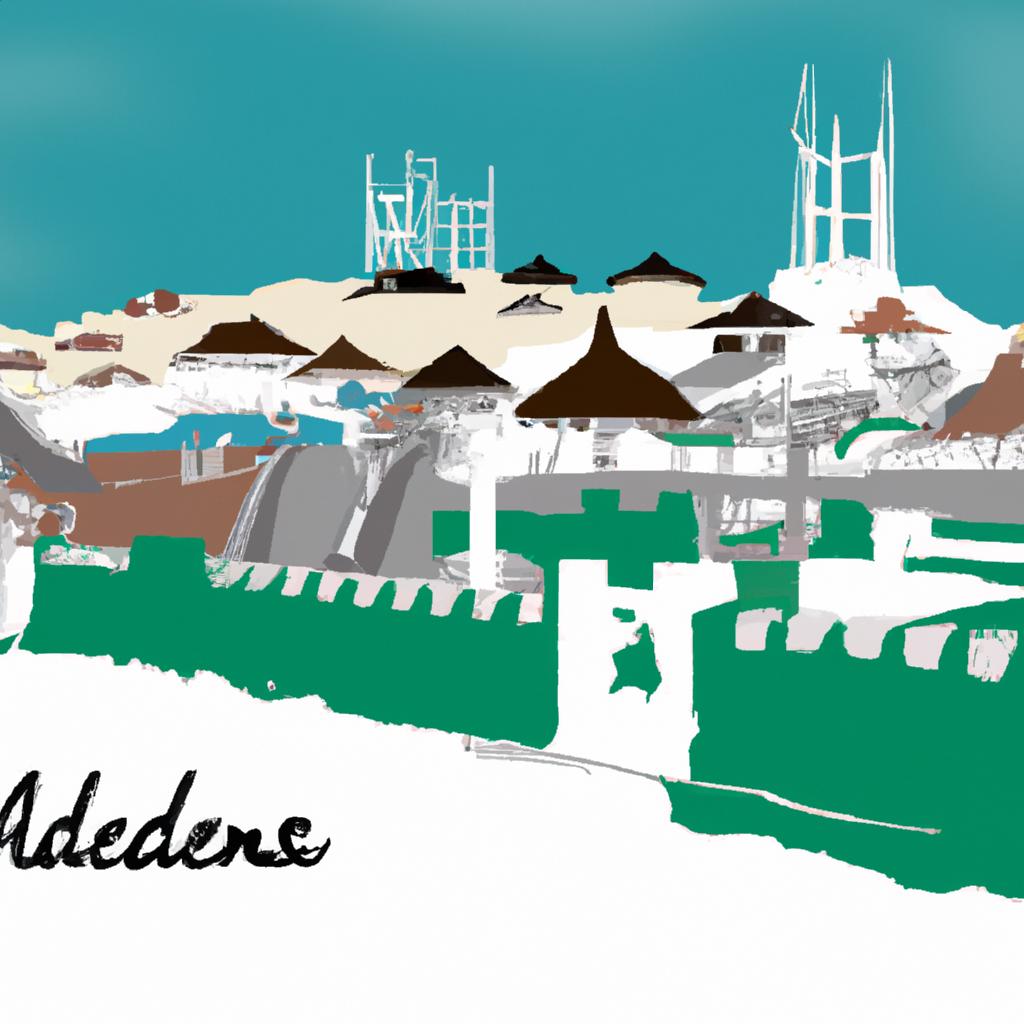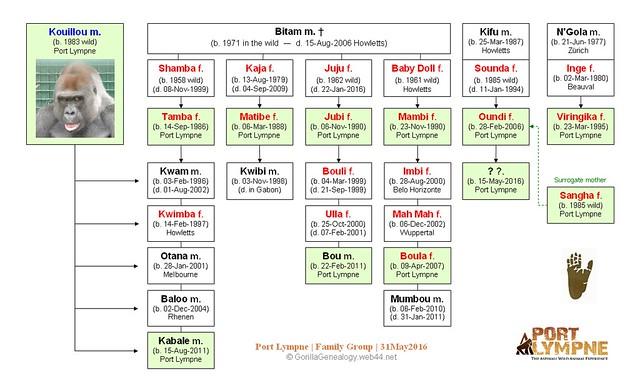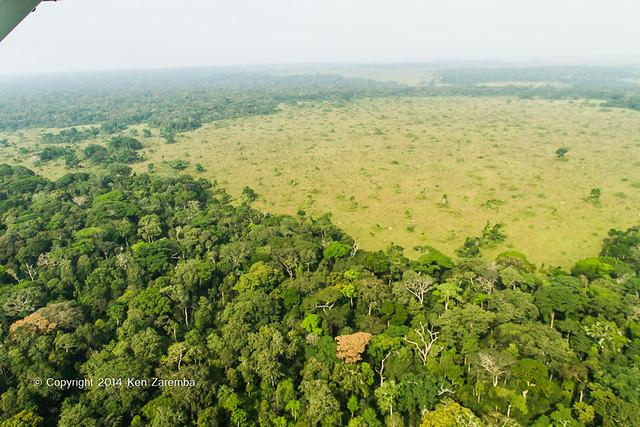Kouilou Department
Overview
Overview of Kouilou Department, Congo
Kouilou Department is one of the vibrant regions in the Republic of Congo, known for its rich cultural heritage and breathtaking natural landscapes. This region is nestled along the Atlantic coast and boasts beautiful beaches, lush rainforests, and unique mangrove ecosystems. The local culture is deeply rooted in traditional music, dance, and crafts, making it a fantastic destination for those interested in experiencing authentic African cultural expressions. The town of Pointe-Noire, a major urban center in Kouilou, serves as a cultural hub, offering a mix of modern amenities and traditional Congolese lifestyle.
Best Time to Visit and Activities
The high season for tourism in Kouilou is during the dry months from May to August. During this period, the weather is generally pleasant, with less humidity and minimal rainfall, making it ideal for outdoor activities. Tourists can enjoy exploring the unspoiled beaches such as Côte Sauvage, which is perfect for swimming, sunbathing, and surfing. Nature enthusiasts can visit the Conkouati-Douli National Park, where they can embark on guided tours to see diverse wildlife including monkeys, elephants, and a variety of birds. Cultural festivals showcasing music, dance, and art are also prevalent during these months, providing a deep dive into the local traditions and festivities.
Travel Preparation Tips
Before traveling to Kouilou, there are several preparations you should make to ensure a smooth and enjoyable trip. Firstly, ensure that your vaccinations are up to date, particularly for yellow fever, which is mandatory for entry into Congo. Malaria prophylaxis is also recommended due to the prevalence of the disease in the region. Additionally, acquiring a tourist visa is necessary for most travelers, so check the requirements specific to your country. Since French is the official language, learning basic French phrases or carrying a phrasebook could be extremely helpful. Lastly, it's advisable to have local currency (Central African CFA franc) for daily expenses, as international credit cards might not be widely accepted outside major urban areas.
How It Becomes to This
History not available

You May Like
Explore other interesting states in Congo






